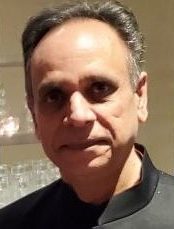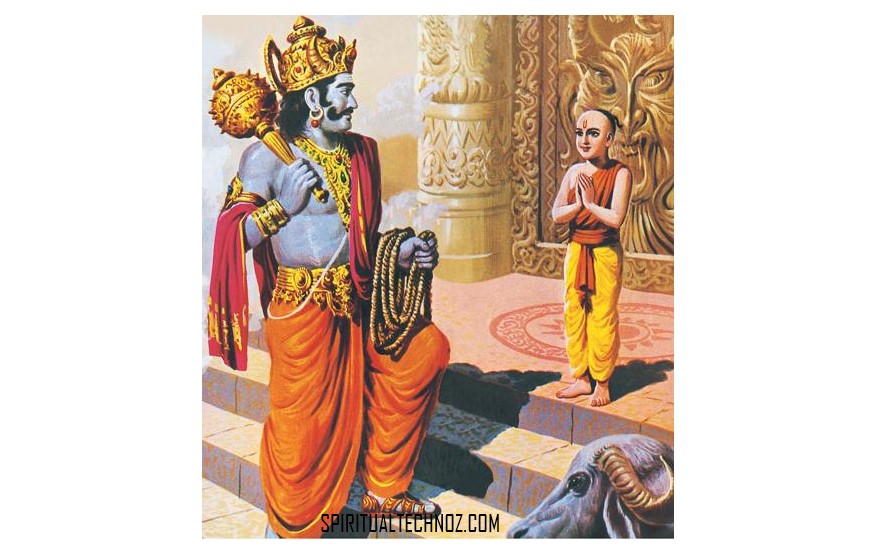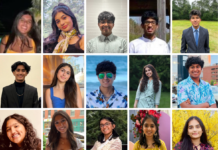By Upendra Mishra
BOSTON, MA— Only after we strip ourselves completely naked to the hilt of our inside, we start to scratch the surface of our soul. Only after we become one—the same at home, the same at work, the same at public places, the same with our friends and the same with our enemies or the same everywhere—we start to blossom, and truth becomes our weapon.
The truth is the only weapon we need to conquer the world—and most importantly to conquer ourselves. It is said that truth is the solver of all problems and the ultimate liberator. This truth, however, is about being truthful with ourselves.
With firmly grounded in truth, our fears and doubts disappear; our thoughts, feelings and actions sync together and become one. I think this is a perfect state of peace and eternal joy and happiness.

“Happiness is when what you think, what you say, and what you do are in harmony” Mahatma Gandhi had said once.
What it takes to realize these fundamental truths? Which teacher, mentor or scripture can teach us all these subtle but obvious things? As we age, I think death becomes our most powerful and most valuable teacher.
Why is the death most powerful teacher? Because we all know and understand that no matter what, the death is going to strike us one day. No one has escaped death. No doubt. The realization of death, thus, forces us to review our life and make the best of whatever is left. It teaches us how priceless life is and every nano second of it.
Once we are ready to face the death, a few things start to happen. Our ego starts taking the back seat; our anger subsides; we start focusing on our life and our core values; we don’t waste time anymore; we pay attention to our loved ones. In short, death filters out everything that we don’t need.
“It is truly a great cosmic paradox that one of the best teachers in all of life turns out to be death. No person or situation could ever teach you as much as death has to teach you,” says Michael Singer in his book “The Untethered Soul: The Journey Beyond Yourself. “While people can teach you that men and women of all races are equal and that there is no difference between the rich and the poor, death instantly makes us all the same.”
The death also shatters all the illusions of power, wealth, dominance, stardom and everything that exists in the world or is imagined.
In the ancient Indian scripture of Katha Upanishad (also known as Kathopanishad), when the young teenager Nichiketa travels to Yama, the God of Death, he wants to learn about death from the master himself. He asks Yama: When a person dies, there arises this doubt: “He still exists,” say some; “he does not,” say others. I want you to teach me the truth.”
Yama does not want to answer this question. He says death had been a mystery even to the Gods, and urges Nachiketa to ask for some other boon.
“Nachiketa, be the ruler of great kingdom, and I will give you the utmost capacity to enjoy the pleasures of life. Ask for beautiful women of loveliness rarely seen on earth, riding in chariots, skilled in music, to attend to you. But Nachiketa, don’t ask me about the secret of death,” Yama tells Nachiketa.
Nachiketa replies: “These pleasures last but until tomorrow, and they wear out the vital powers of life. How fleeting is all life on earth! Therefore, keep your horses and chariots, dancing and music, for yourself.” He asks: “How can mortals be made happy by wealth. How can we be desirous of wealth when we see your face (death) and know we cannot live while you are here? This is the boon I choose and ask you for.”
Yama is pleased with Nachiketa’s answer, his determination and fearless and doubtless mind, and teaches him the mystery of death and immortality, and most importantly about the Self.
Some of us are lucky to realize these pearls of wisdom sooner in our life and some late. Once we know this ultimate reality, however, there is no need to waste time on ego and trivial things. It is time to take an inward journey and explore our own life and make the best of what we still have. The age—whether we 50, 60, 70 or 90—does not matter. What matters is this ultimate realization of death and the purpose of the rest of our life.
How?
One of my favorite sections in INDIA New England News is a column called Books This Weekend, which appears every Saturday in the weekend edition and reviews a few books. This week, I stepped on “Your Life Is Your Message – Discovering the Core of Transformational Leadership” by Nancy Stanford Blair and Mark L. Gesner.
The authors say they got inspiration for this book from Mahatma Gandhi. When a reporter had asked Gandhi to sum up his life, he had said: “My life is my message.”
Stanford and Gesner advise to ask the following questions:
Your who – the personal exploration of values and the formation of your singular identity.
Your why – the mission and purpose that drive and inform all that you do.
Your what – the identification of the outcomes and goals you seek.
Your how – the tools for the ways in which to realize those goals.
(Mr. Mishra is managing partner of the Waltham, MA-based integrated inbound marketing and PR firm The Mishra Group. He writes about his three passions: marketing, scriptures and gardening.)















